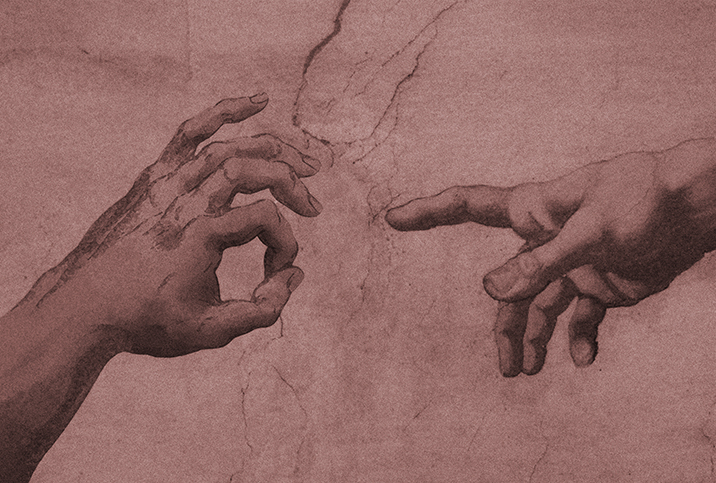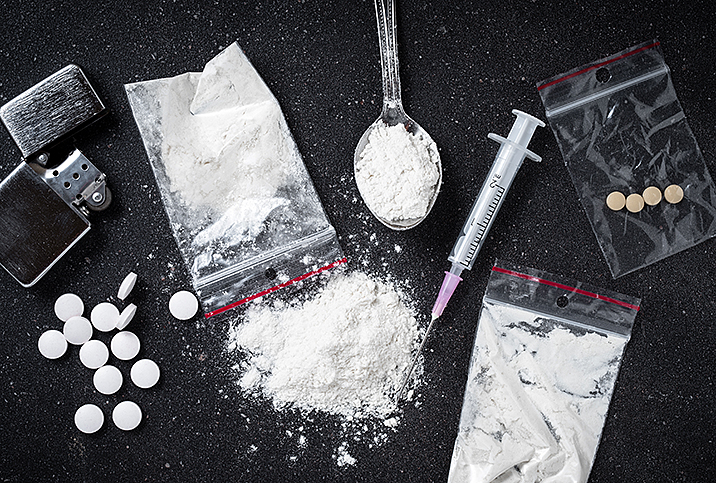How to Get Help for Sex Addiction

Sex addiction—medically known as compulsive sexual behavior—describes a condition in which an individual experiences repetitive and intense sexual compulsions and has an excessive preoccupation with sexual fantasies and urges that are difficult to manage and control.
While sex addiction can be successfully treated and managed with psychotherapy and medications, many people who struggle with the disorder fail to seek the help they need, for fear of stigma and negative consequences.
Negative effects of sex addiction
If you're struggling with sex addiction, getting help is the best action you can take to gain control over your behavior and repair any damage the disorder might have inflicted on your relationships, career and overall health.
People with sex addiction often face an array of complications, from mental to physical to emotional.
Mental health issues
Sex addiction can lead to feelings of shame, guilt, discontent and depression as afflicted individuals get caught in a cycle where they exhibit inappropriate behavior that they are unable to control. In some cases, depression, anxiety and suicidal thoughts may exist independently of sex addiction, often leading to exacerbated mental health issues overall.
In a study published in Frontiers in Psychiatry, researchers found that an estimated 96 percent of people struggling with compulsive sexual behavior had a co-occurring anxiety disorder, 71 percent had a co-occurring mood disorder, and 46 percent had a co-occurring personality disorder. This suggests that sexual addiction may be a symptom of a mental health issue that is not being addressed or treated properly. For instance, hypersexuality is a common symptom in people suffering a manic episode of bipolar disorder.
Sexually transmitted diseases
Engaging in unsafe sex with multiple partners is a common practice associated with compulsive sexual behavior and can increase the transmission of sexually transmitted diseases (STDs), such as gonorrhea, chlamydia, syphilis, herpes and HIV/AIDS. Unwanted pregnancy is also common among people with compulsive sexual behavior.
Strained relationships
Individuals with a sex addiction often experience difficulty establishing and maintaining healthy relationships. This condition strains marriages, worsens family dynamics, and leads to loss of relationships with friends and potential long-term partners.
Problems at work
Excessive preoccupation with sexual behaviors, fantasies and urges can cause an individual's work performance to slip, because they may act inappropriately in the workplace or miss work to engage in sexual activity. Such actions often result in a person having difficulty keeping a job.
Substance abuse
Alcohol and drug abuse are common risk factors with sex addiction. According to Mental Health America, more than 83 percent of people with compulsive sexual behavior suffer from other addictions, including alcohol and drug dependency. Chronic use of drugs and alcohol can alter hormones and brain chemicals such as dopamine that increase the risk of compulsive sexual behavior. At the same time, people who suffer from compulsive sexual behavior may turn to drugs and alcohol to cope with negative feelings. Alcohol and stimulant drugs such as cocaine, methamphetamine and MDMA (ecstasy) may also induce hypersexuality.
How to seek help
Compulsive sexual behavior can gradually escalate and worsen over time if treatment is delayed, which is why it's important to seek help the moment you suspect you might be struggling with this disorder.
According to a study in CNS Spectrums, compulsive sexual behavior affects 3 to 6 percent of the general population in the United States. If you're unsure about seeking treatment, keep in mind that you're not alone and you share this disorder with millions of Americans.
Treatment options include therapy techniques such as cognitive behavioral therapy as well as acceptance and commitment therapy. If you feel comfortable, get your partner involved in marriage/relationship therapy as well. Other self-help programs, such as Sex Addicts Anonymous, are great resources to use. In some cases, medications such as antidepressants, mood stabilizers and hormone therapy may be used.
The therapists and doctors who treat compulsive sexual behavior understand its related stigma, as well as how this disorder can lead to feelings of guilt and shame. Seeking treatment will put you in the hands of experts who can successfully treat your disorder and make you feel comfortable and confident about your recovery. Remember, a patient/doctor or client/therapist relationship always remains strictly confidential.

















